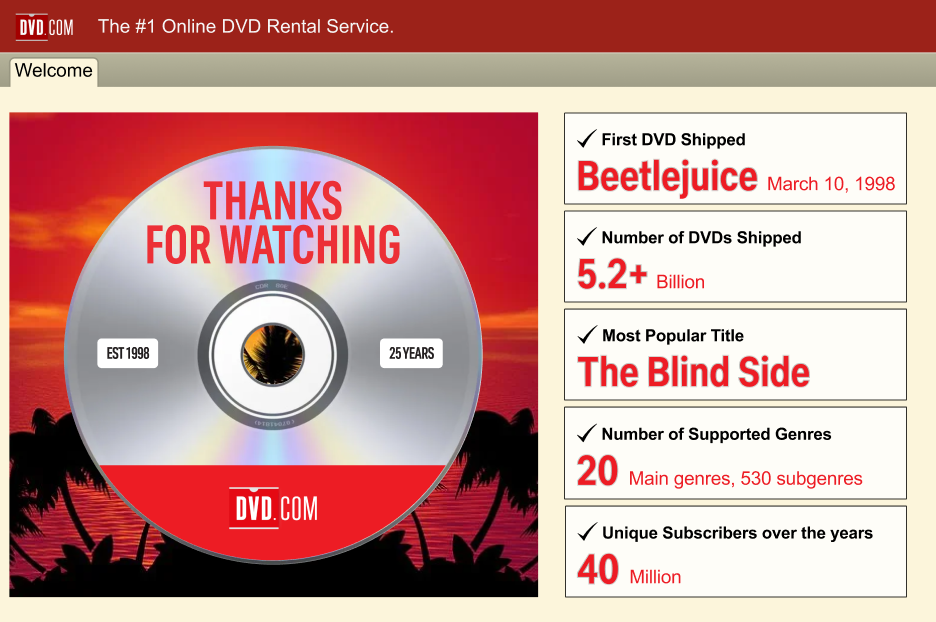
New Senate Bill Could Force Ticket Sellers To Disclose Their Fees Upfront (rollingstone.com) 115
schwit1 shares a report from Rolling Stone: It was a busy day for the live music industry in Washington [on Wednesday] as senators introduced multiple pieces of legislation aimed at improving transparency and competition in ticketing. One of the most common complaints among music fans in a long list of gripes about the modern ticketing industry is the hidden fees that get tacked on at the very end of a purchase, adding a deceptive extra costs customers won't even see until they've already selected their seats based on a different price. The Transparency in Charges for Key Events Ticketing, or TICKET Act, could end that annoyance. Introduced on Tuesday by U.S. Commerce Committee Chair Maria Cantwell (D-Wash) and committee ranking member Ted Cruz (R-Texas), the bill, if passed, would require ticket sellers for concerts and sporting events to disclose the total price of a ticket including fees right away. Fees themselves can be a significant addition for concert tickets, usually adding a 20 to 30-percent extra charge on tickets but sometimes well exceeding that. Joe Biden pushed for a reform on "junk fees" earlier this year.
While passing the new legislation wouldn't stop the actual fees themselves, it would certainly be a step forward in making the business more transparent for consumers. While the bill would pass all-in prices on a federal level, some states like New York already enacted the policy. "Right now, one company is leveraging its power to lock venues into exclusive contracts that last up to ten years, ensuring there is no room for potential competitors to get their foot in the door," Klobuchar said, seemingly referencing Ticketmaster but not mentioning it by name. "Without competition to incentivize better services and fair prices, we all suffer the consequences. The Unlock Ticketing Markets Act would help consumers, artists, and independent venue operators alike by making sure primary ticketing companies face pressure to innovate and improve."
While passing the new legislation wouldn't stop the actual fees themselves, it would certainly be a step forward in making the business more transparent for consumers. While the bill would pass all-in prices on a federal level, some states like New York already enacted the policy. "Right now, one company is leveraging its power to lock venues into exclusive contracts that last up to ten years, ensuring there is no room for potential competitors to get their foot in the door," Klobuchar said, seemingly referencing Ticketmaster but not mentioning it by name. "Without competition to incentivize better services and fair prices, we all suffer the consequences. The Unlock Ticketing Markets Act would help consumers, artists, and independent venue operators alike by making sure primary ticketing companies face pressure to innovate and improve."







